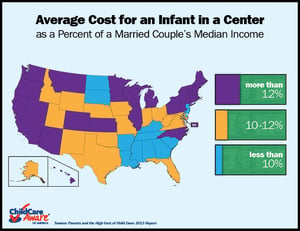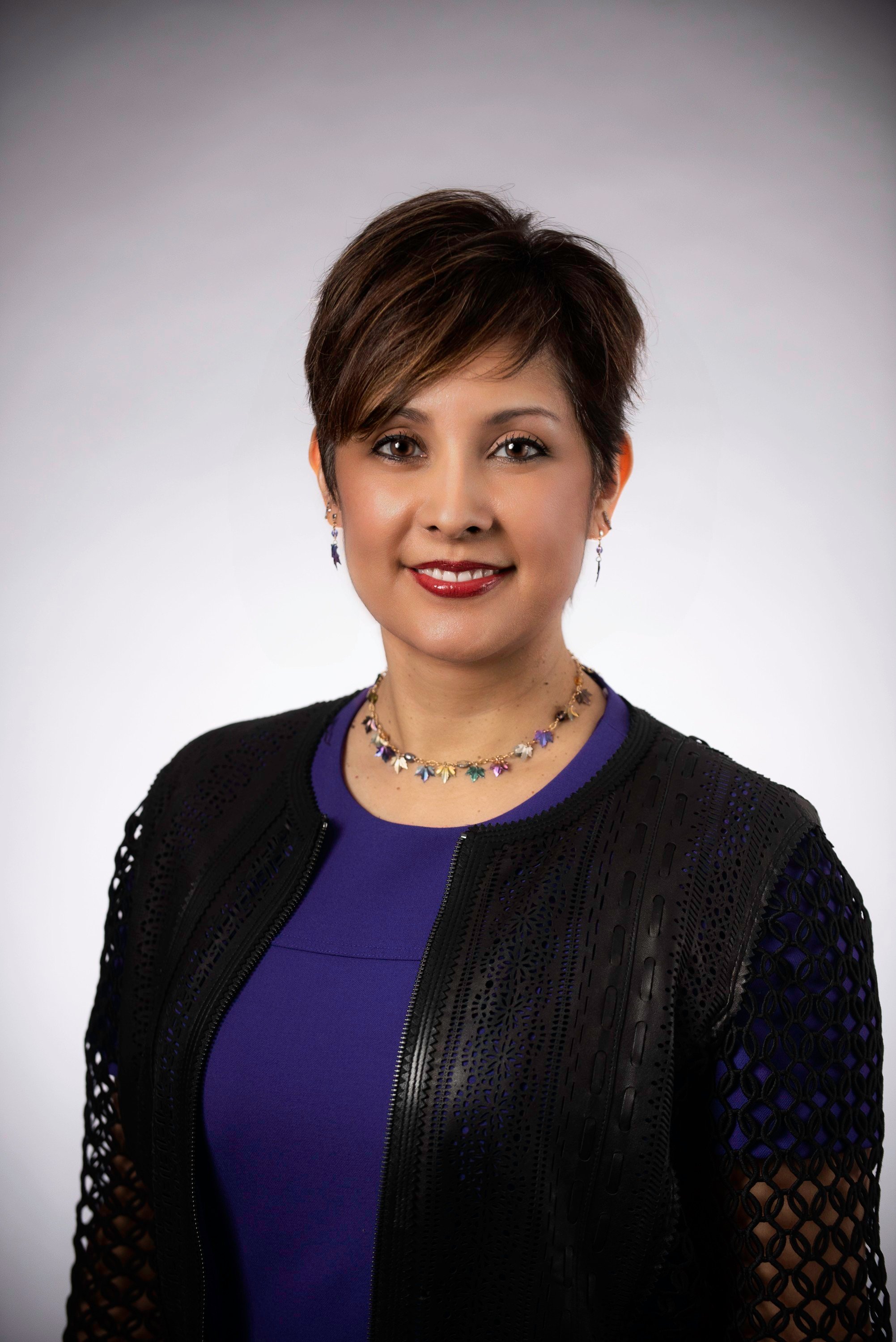“Struggling to get out of poverty: The Two Generation Approach” tells on NPR, the story of two mothers who participate in Tulsa, Oklahoma’s Career Advance program. It’s one of at least three stories I’ve seen over the past week highlighting early education, the benefits and the costs.
Career Advance puts to practice the “two generation” approach to ending poverty, by providing quality early childhood experiences to children while at the same time supporting their parents’ economic advancement.
Starting education at age four is too late
NPR’s new education team also laid out some answers to the question; what is quality preschool? The story does well to share the facts on early education in this country, and it also rightly, if not intentionally, highlights a huge gap in the way we think about early childhood education. We need to ensure we consider the entire developmental continuum. Preschool is important and we cannot forget about the babies.
Children learn from birth, and of the 1.1 million families who received child care referrals from child care resource and referral agencies in this country, more than half were for infants and toddlers. Babies and toddlers must receive the same level of quality in child care as they should in preschool programs they enter at age four.
Or, as written in a 2011 Forbes article about George Kaiser: “Oklahoma, like a lot of places in America, has universal preschool, but it begins only at age 4, at which point many poor kids are so far behind their rich peers that they’ll never catch up. Early Head Start programs for infants and toddlers offer slots for only 3% of Tulsa’s 10,000 low-income kids, a rate similar to the national one.
‘Reaching 50% wouldn’t be impossible, at $30 billion per year,’ says Kaiser, except it would never happen because the dispossessed don’t have many lobbyists.’ ”
Parents pay costs of early education
The NPR story was also compelling because it also showed the depth of investment needed to achieve positive results. The program got off the ground thanks to support from The George Kaiser Family Foundation. The program is now funded by the U.S. Department of Health and Human Services. For most families, it’s the parents who pay for child care – quality or not.

Our “Parents and the High Cost of Child Care: 2013 Report” generated more than 400 media stories across the country last fall and has seen a renewed interest following the Pew Research Center’s report on the increase in women opting out of the workforce to stay home with their children as well as a Washington Post story.
The question I get asked most often is why is child care so expensive? The simple answer is, running a quality program costs a lot of money, and in the business of early learning, the bulk of the cost is absorbed by the families.
The more important question is, what are we, or are we not, getting for that price? Are families getting quality care for their children? Families cannot do it alone. In the end, we all pay the cost for low investment and low quality for our children, even in health care.
The health connection
James Heckman, the Nobel laureate who made the economic case for early childhood investment, recently released findings of a link between investments in quality early childhood programs and preventing chronic disease.
Professor Heckman and his colleagues continue to demonstrate through research that investments made early in quality early childhood programs prove to prevent challenges later in life. Watch the video about Heckman and his team’s research on chronic disease and early childhood programs.
We need to spread the word that early investments matter and quality child care programs have proven to have many beneficial outcomes for our children and their future.
Provider Appreciation
This Friday, May 9th is Provider Appreciation Day. As we seek solutions so that all families can access the opportunities inherent in quality child care we must also applaud and honor the providers of that care and the important work they do each day, in partnership with families, to nurture and prepare our nation’s children for school and beyond.
Will you commit to showing appreciation for those who are helping to raise a brighter future? Join us www.providerappreciationday.org



